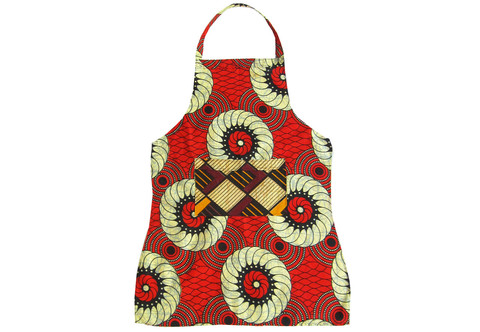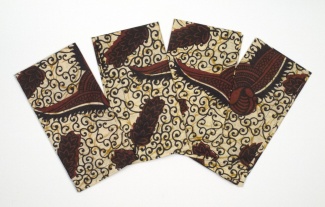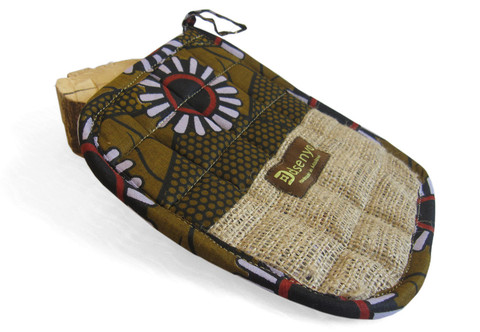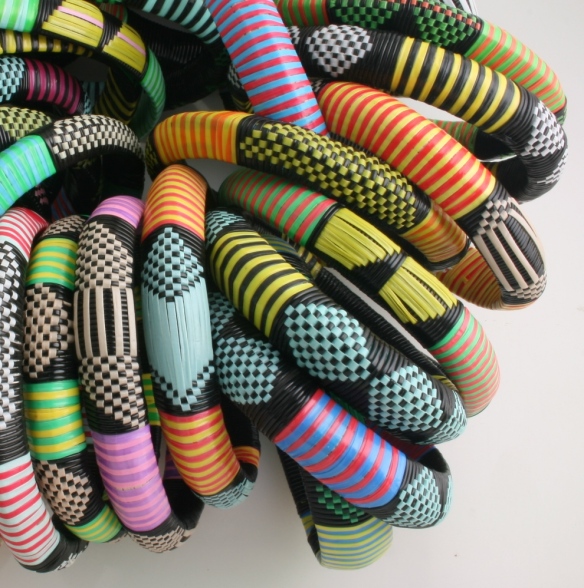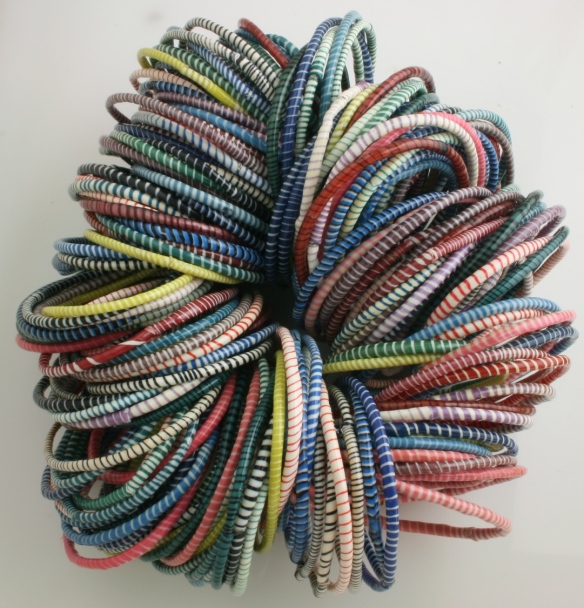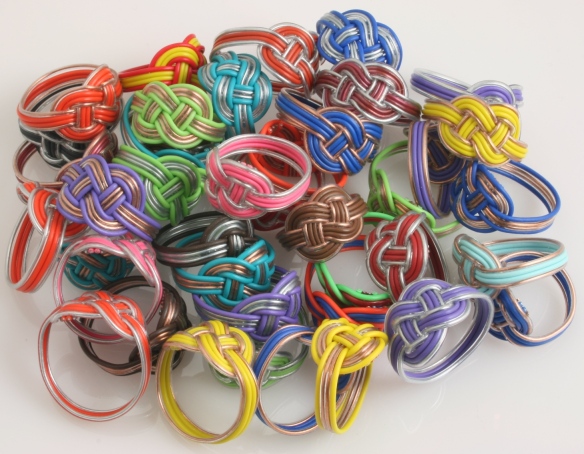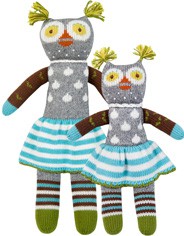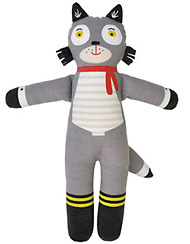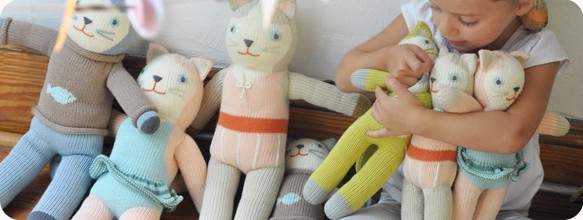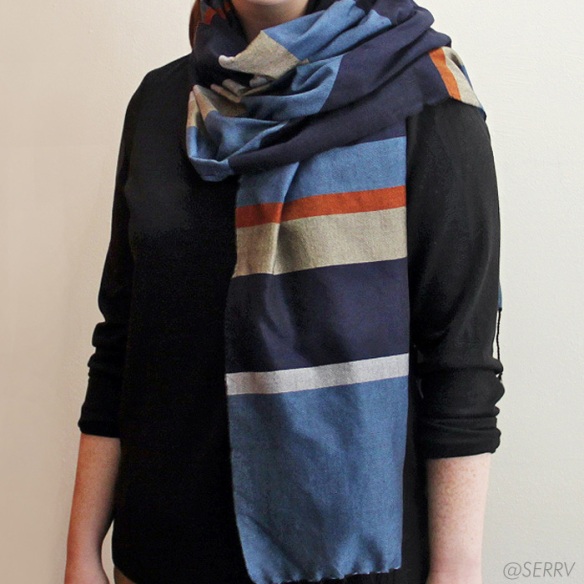
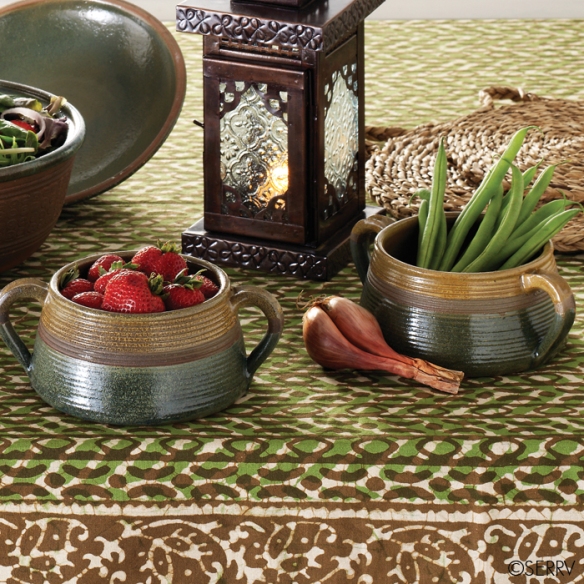
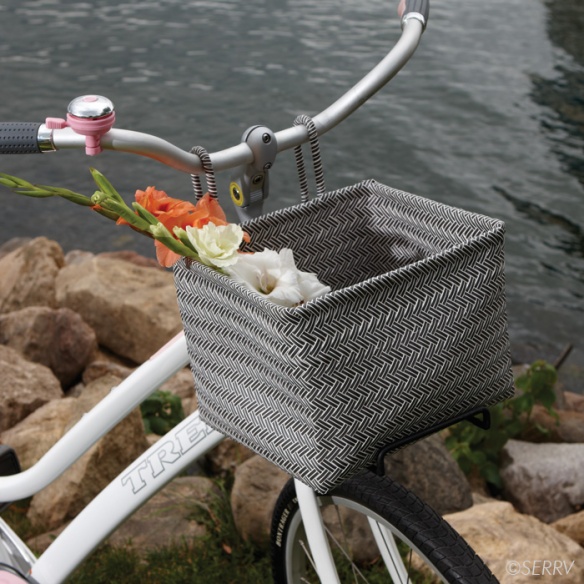 “SERRV is a nonprofit organization with a mission to eradicate poverty wherever it resides by providing opportunity and support to artisans and farmers worldwide.
“SERRV is a nonprofit organization with a mission to eradicate poverty wherever it resides by providing opportunity and support to artisans and farmers worldwide.
At SERRV, every product has a true story behind it. These stories are uplifting. They are about freedom from poverty and achieving basic human rights, such as access to food, shelter, education, and basic health care. And they are stories about equality and dignity for all people.
For 63 years, SERRV has practiced core values that create positive change through lasting partnerships and trust. We believe in building environmental, economic, and social sustainability. We esteem culture traditions that nurture the human spirit. We aim for the highest quality of products and service, we invest in sharing information with those we serve, and we value our national network of volunteers who bring our mission to life.
SERRV works to eradicate poverty through our direct connections with low-income artisans and farmers. We market their crafts and foods, find joint solutions to their challenges, and help them grow and embrace the future. One of the first alternative trade organizations in the world, SERRV is a founding member of the World Fair Trade Organization (formerly IFAT) and a founding member of the Fair Trade Federation (FTF).”

